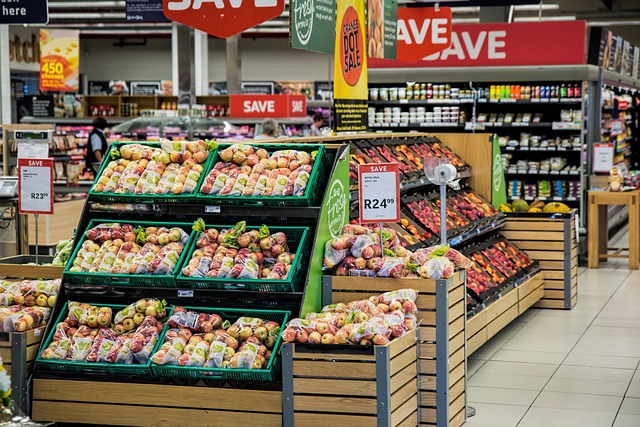Homeowners can significantly reduce their environmental footprint by effectively managing yard waste, which constitutes a large part of municipal solid waste. Simple strategies like choosing native plants, minimizing lawns, using compostable materials, and proper pruning/mulching not only reduce waste but promote sustainable practices. Implementing recycling strategies for organic materials, such as composting kitchen scraps and yard waste, reduces landfill contributions and enriches soil fertility. Proper sorting and segregation of organic materials are vital steps towards contributing to the circular economy and fostering a healthier planet through eco-friendly yard waste removal and recycling.
Creating an eco-friendly home starts with understanding and managing your yard waste. This comprehensive guide explores effective strategies for organic recycling, focusing on sustainable yard waste removal and reduction techniques. Learn how to transform common organic materials into valuable resources through home composting. By implementing these simple steps, you’ll not only reduce environmental impact but also contribute to a greener, more sustainable lifestyle.
- Understanding Yard Waste Composition and Reduction
- Effective Recycling Strategies for Common Organic Materials
- Home Composting 101: A Step-by-Step Guide to Success
Understanding Yard Waste Composition and Reduction

Many homeowners are unaware of the significant role they can play in reducing environmental impact through proper understanding and management of yard waste. Yard waste, including leaves, grass clippings, and shrub trimmings, comprises a large portion of municipal solid waste. By implementing simple strategies for reduction and recycling, residents can contribute to sustainable practices that benefit both their communities and the planet.
Reducing yard waste at its source is the most effective approach. This can be achieved through responsible landscaping practices like choosing native plants that require less maintenance, minimizing lawn areas, and using compostable materials instead of synthetic fertilizers or pesticides. Properly timed pruning and regular mulching not only beautifies outdoor spaces but also prevents organic matter from ending up in landfills as yard waste removal becomes more eco-friendly.
Effective Recycling Strategies for Common Organic Materials

Implementing effective recycling strategies for common organic materials is a significant step towards creating an eco-friendly home. For starters, composting is a powerful tool to reduce waste and enrich soil fertility. Residents can collect kitchen scraps and yard waste removal, such as leaves and grass clippings, to create nutrient-dense compost that enhances garden growth. This simple practice not only minimizes landfill contributions but also promotes sustainable gardening practices.
Additionally, proper sorting and segregation of organic materials are essential. Many municipalities offer dedicated collections for food scraps and yard trimmings, ensuring efficient recycling processes. By separating these items from non-biodegradables, residents contribute to the circular economy, where organic waste is transformed into valuable resources, reducing environmental impact and fostering a healthier planet.
Home Composting 101: A Step-by-Step Guide to Success

Home Composting 101 breaks down the process into simple steps for successful yard waste removal and recycling. Start by gathering organic materials like food scraps, yard trimmings, and egg shells. Next, choose a suitable container – a bin with a lid works best – and place it in a quiet area of your garden or backyard. Fill the container with equal parts green (nitrogen-rich) and brown (carbon-rich) materials, maintaining a balance essential for decomposition. Regularly turn the pile to aerate it, ensuring optimal conditions for beneficial bacteria to break down waste. As the compost matures, you’ll notice a dark, crumbly texture – that’s your sign to start using it as a nutrient-rich soil amendment for your eco-friendly home garden.
By adopting organic recycling practices, eco-conscious homeowners can significantly reduce their environmental footprint. Understanding yard waste composition and implementing effective strategies, such as home composting, allows for the diversion of organic materials from landfills. This not only minimizes yard waste removal but also enriches soil, fostering a healthier and more sustainable environment for your home and community. Embrace these green initiatives to contribute to a vibrant and eco-friendly future.
